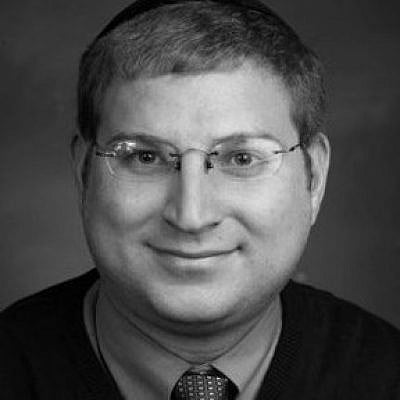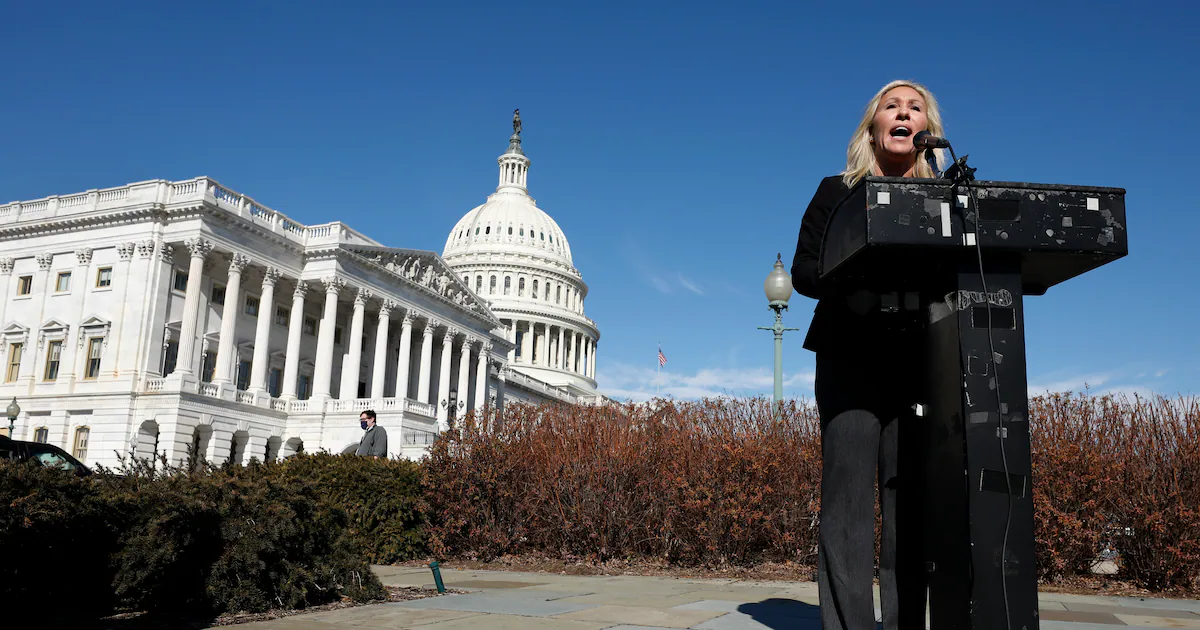Copyright timesofisrael

In a world where antisemitism once again walks boldly through city streets, this passage, an excerpt from my book Fire of Faith: What the October 7 War Taught Us About God and Israel by P. Mordechai, reminds us that every wave of hatred has been met by a wave of return and that what our enemies intend for fear, to keep Jews from coming home, God flips the script and turns into precisely the opposite: a mass Jewish homecoming and a strengthening of Israel. In Europe, old hatreds long thought dormant emerged again in the streets, with protests turning openly antisemitic and synagogues needing round-the-clock protection. Even in places where Jewish life had seemed secure, there was a growing sense that the ground underfoot had shifted. The conversations in Jewish homes were changing. Parents asked themselves whether their children’s future could be safeguarded in societies that could so quickly turn hostile. Young professionals, who had once seen Aliyah as a distant dream or a romantic ideal, began to treat it as a practical, even urgent, decision. The Land of Israel, with all its risks and all its challenges, was still the one place on earth where Jewish life was not tolerated but celebrated, not protected as a fragile minority but defended as a national identity. Flights to Israel in the months after October 7th carried not only soldiers returning from abroad, but families with one-way tickets. Their reasons varied from religious conviction to Zionist passion, or perhaps to the fear of rising antisemitism. But the underlying message was the same: if the Jewish story is to be written in our time, it will be written in Hebrew, on the soil of our ancestors. This was not without precedent. The great waves of Jewish return have often been born in the shadow of tragedy. The pogroms of Eastern Europe in the late 19th and early 20th centuries drove thousands to the Holyland, laying the foundations for modern cities and kibbutzim. After the Holocaust, shattered survivors boarded crowded ships, not to flee again, but to plant themselves in the only land that would claim them without condition. Even the ingathering of Jews from Arab lands in the 1950s and Ethiopian Jews in the 1980s followed moments of acute danger and loss. In each case, the enemies of Israel sought to weaken the Jewish people, and in each case, they ended up strengthening the nation by compelling its scattered children to come home. The surge in Aliyah after October 7th carried that same prophetic undercurrent. Isaiah (11:12) spoke of a time when the exiles would be gathered “from the four corners of the earth,” a promise woven into daily Jewish prayer. For many, that vision had always seemed distant, something for a future generation. But now, with antisemitism’s return in full daylight, the prophecy felt urgent, even contemporary. The call to come home was no longer an abstract ideal; it was a clear, almost visceral summons. Aliyah is not an escape from danger. It is an embrace of identity. To choose Israel especially in the wake of war is to declare that the destiny of the Jewish people is your destiny, that your safety is bound to theirs, that your life’s work will be built alongside theirs. Every new oleh stepping off a plane was, in a sense, a defiance of October 7th. The enemy sought to instill fear so deep that Jews would turn away from their homeland. Instead, they lit a fire that drew many closer to it. In the arrival halls of Ben Gurion Airport, tears of joy mixed with the tears of grief that still hung over the nation. Soldiers greeted new immigrants with the same words they had heard on their own return from reserve duty: “Welcome home.” The phrase carried a weight beyond hospitality. It was the recognition that each new arrival was another thread strengthening the fabric of the nation. And in that fabric, woven tighter than before, the turning tide could be felt again. The tide may be turning, but the waters remain turbulent. For all the signs of renewal from the unity forged in the fire, to the restoration of deterrence, to the gathering of exiles, there is a sobering truth that cannot be ignored. Redemption, in this world, is never pure light. It is a mingling of light and shadow, promise and pain. The cost of October 7th is not an abstraction. It is written on the faces of parents who still wake up each morning to an empty bed where their child once slept. It lives in the voices of hostages’ families, caught in an unbearable cycle of hope and despair, each phone call bringing either relief or renewed anguish. It hangs in the air of towns in the south where the sound of laughter has not yet returned, where rebuilding is measured in both bricks and trust. In the north, too, the war has left its mark. Tens of thousands remain displaced from their homes near the Lebanese border, their lives suspended in a strange exile within their own country. The fields they once tended now grow wild; the schools where their children learned stand silent. Even as the nation rebuilds, there are entire communities living in the limbo of waiting. They are waiting for security to be restored, for promises to be kept, for the day they can unlock their doors without fear. These wounds remind us that the turning tide is not a sudden flood that washes everything clean. It is more like the slow return of a receding sea, leaving behind debris and scars that must be tended to before new life can fully grow. The challenge is not only to rebuild walls and homes, but to restore confidence and to convince a child who survived October 7th that the sirens will not sound every night. The challenge is to reassure a farmer that his harvest will not be burned before it ripens. The challenge is to tell a widow that her husband’s sacrifice will not be forgotten in the noise of daily politics. The work of redemption is often the work of memory. It requires holding on to the stories of those lost, not to paralyze the present, but to dignify the future. In Jewish tradition, memory is not passive recollection. It is an active duty. Excerpted from Pleasant Path Press | Jerusalem | 2025FireOfFaithBook.com



